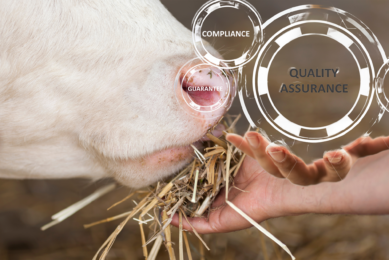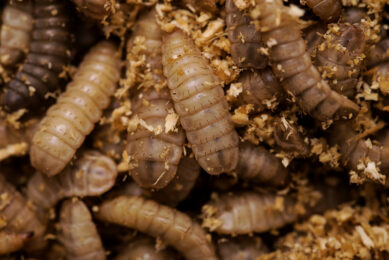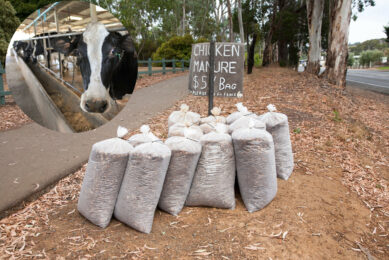Cargill Amsterdam Multiseed plant certified for ingredient safety
The Cargill Amsterdam Multiseed plant is certified according to the European Feed Ingredients Safety Code (EFISC) as of the 17 January 2011.
The plant is a modern oilseed crushing facility processing about 600.000 tonnes of rape- and sunflower seeds per year. The audit was performed by the certification body SGS.
“As a global acting company we are very happy with this pan- European initiative. Feed safety is a non-competitive issue as any problem occurring has strong repercussions on the industry as a whole,” said Hans Broekhuizen, Cargill Quality Assurance Benelux plants. “The present dioxin crisis is a clear example of such an incident”
“EFISC was developed by our industries best experts and has therefore contributed to the awareness on feed safety in our sector. This has essentially contributed to better understanding and implementation of the EU feed hygiene legislation and beyond. I would recommend this to other feed material sectors as well as an example of the way forward,” he said.
Industrial code
The European Feed Ingredients Safety Code promotes good practices in the industrial manufacturing of safe feed materials.
The European Feed Ingredients Safety Code promotes good practices in the industrial manufacturing of safe feed materials.
The code was developed as a result of the shared commitment between the starch industry (AAF) and the oilseed crushing, oil refining and protein meal industry (FEDIOL) within the framework of the European Feed Ingredients Platform (EFIP), which provides a harmonised, voluntary feed safety assurance scheme for the feed materials industry in the EU.
The aim of the code is to provide safe feed for animals and consequently, to consumers further up the food chain by making the best use of the industry’s experience and expertise.
To achieve this goal, the Code provides guidance for companies on how to establish their own feed safety management system in accordance with the relevant EU legislation.
The code includes requirements for management systems, prerequisite programmes, risk control (hazard analysis critical control points), withdrawal and traceability.
A transparent, solid and independent third party certification system has been developed by EFISC resulting in a uniform, highly compliant performance by participating operators.











